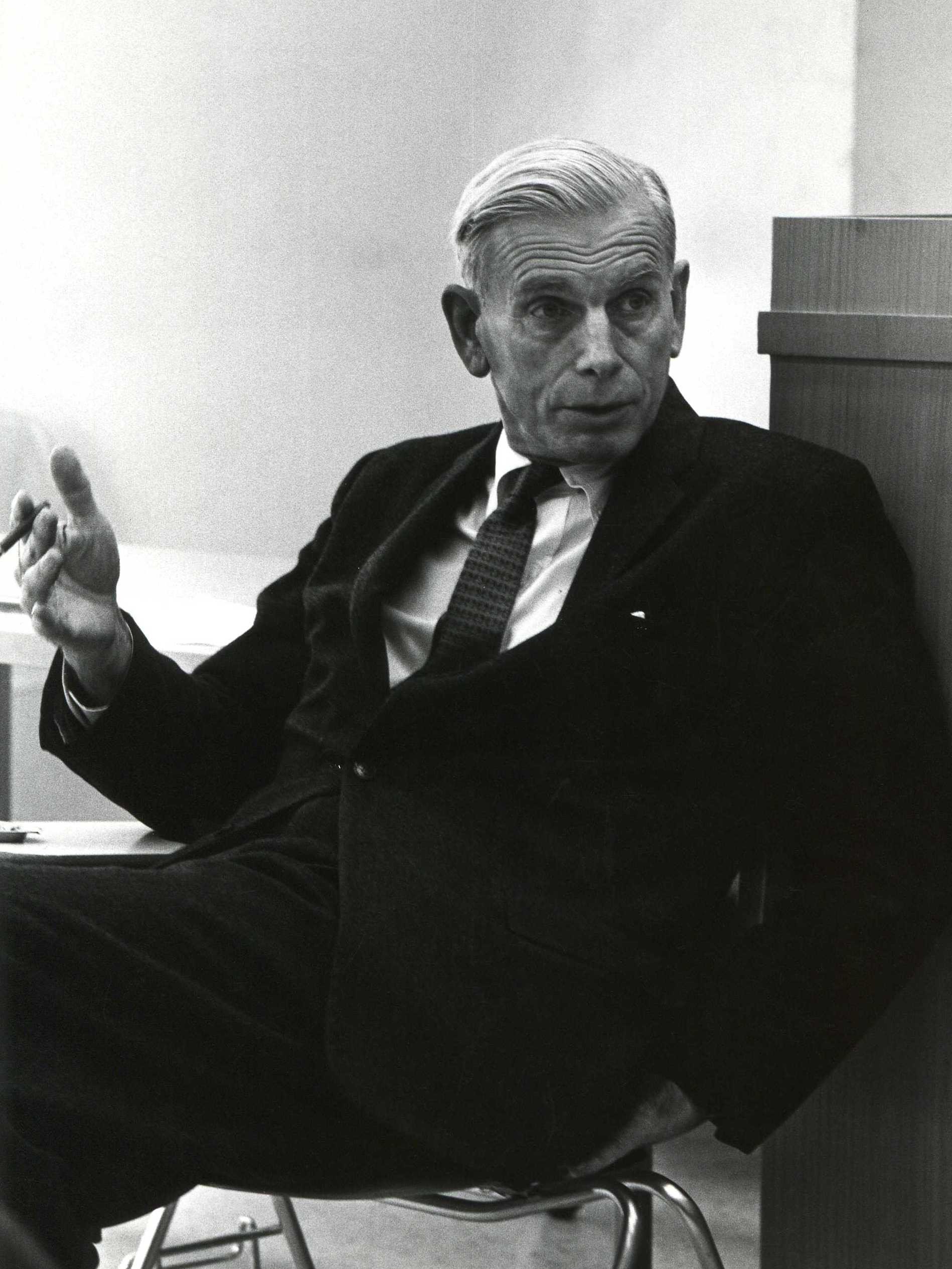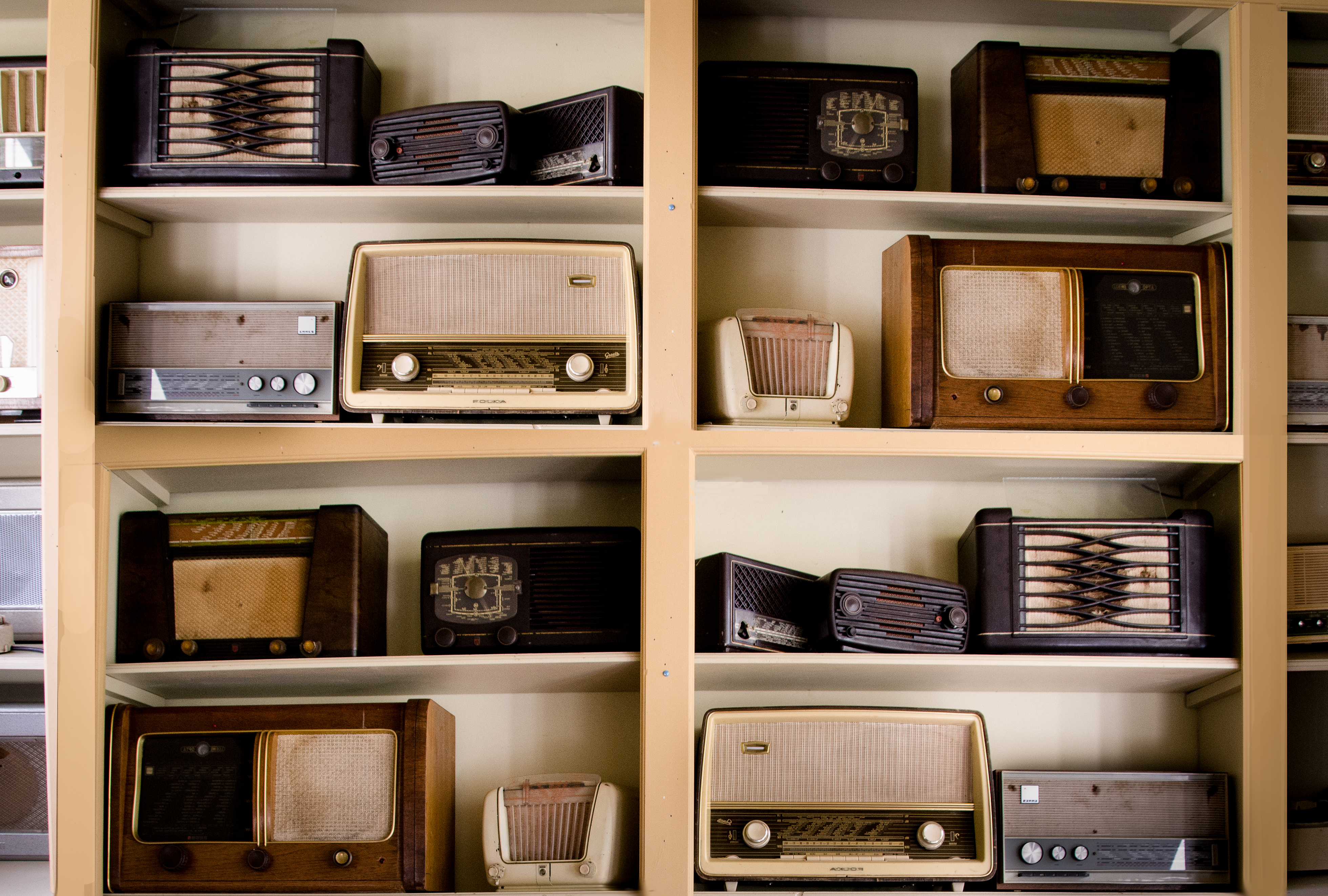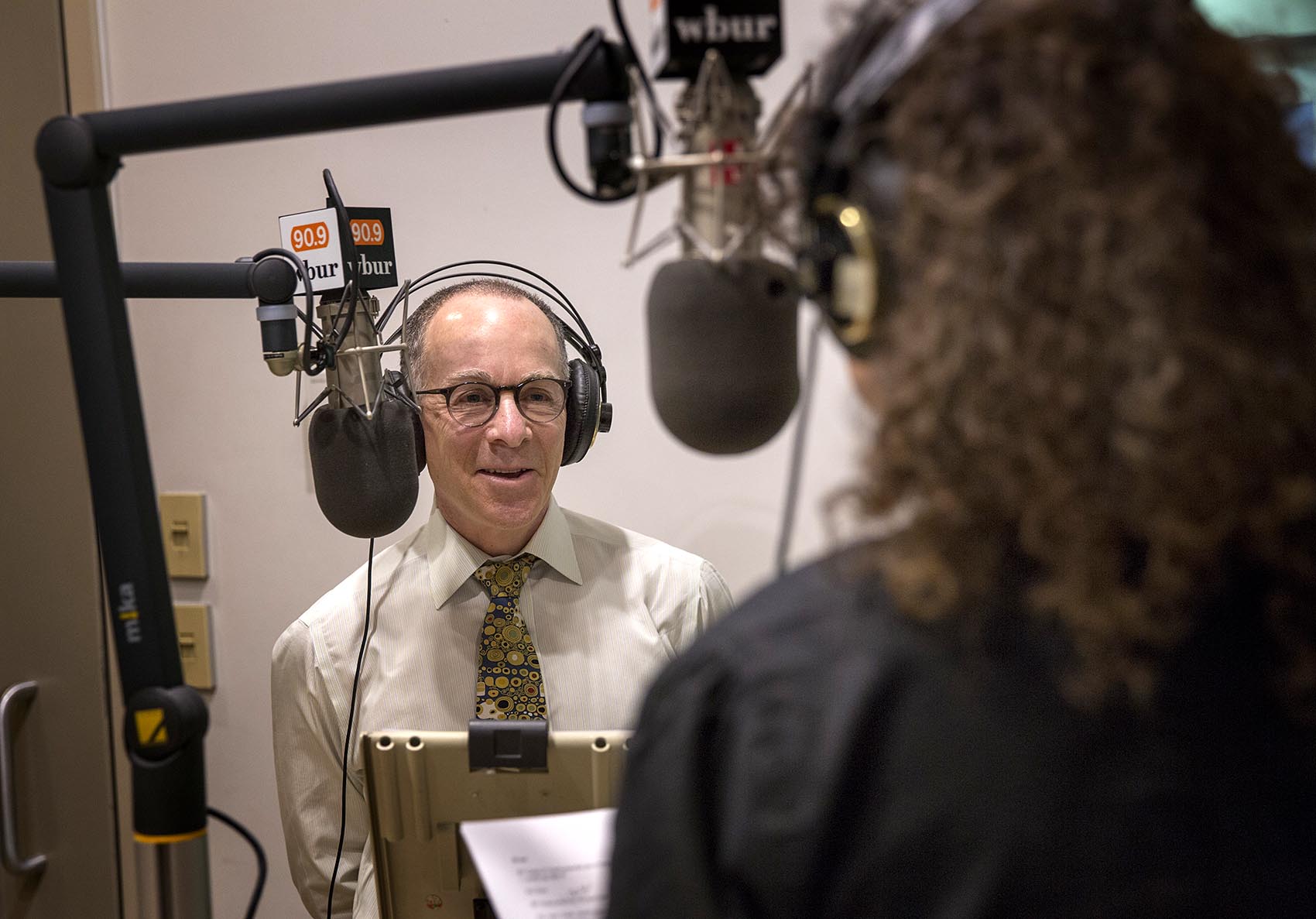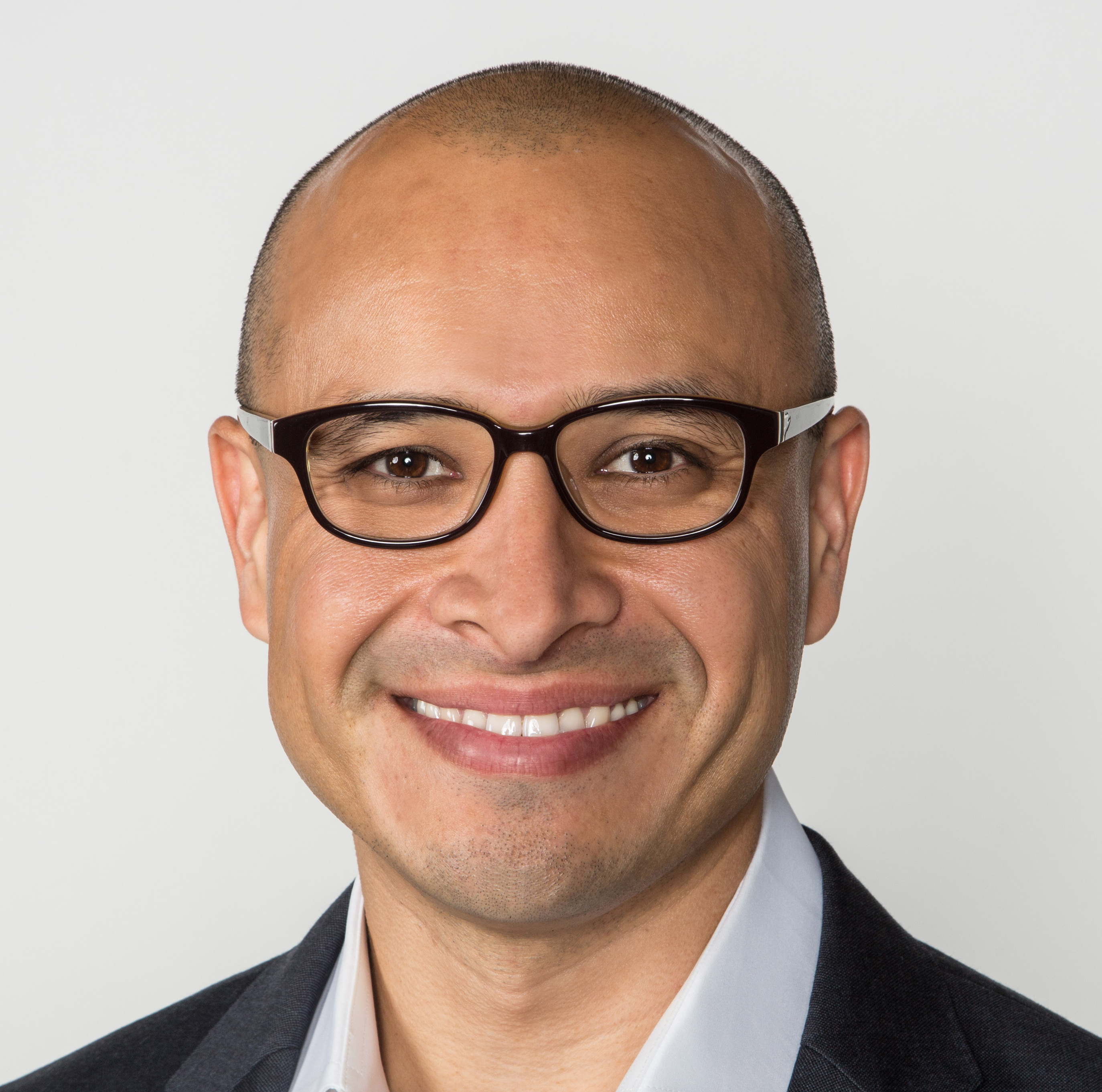System/Policy
Options for Pacifica’s archives could include university partnership
The National Federation of Community Broadcasters has also called for the archives to be transferred to an educational institution.Ow, Canada: Cross-border crackdowns take toll on station donations
Border broadcasters are taking various approaches to handling challenges to Canadian friends groups.Channeling Charles Siepmann for public media’s future
The media reformer and scholar urged listeners to remember that the “wavelengths of the air belong to the people of America.”A reader asks: What’s Public Radio International’s future within WGBH?
We’re answering the question for the latest story in our Currently Curious series.Researchers share insights on connecting with millennials on their terms
The president of the Public Radio Program Directors Association challenged those who say public radio doesn’t have to cater to the 76.6 ...Seven leaders elected, re-elected to NPR board
Two are newcomers to the board.Join the celebration of National Radio Day
“National Radio Day is but one day to acknowledge how public radio stations, low-power FM outlets and community radio organizations have come ...Quiz: How diverse is your organization?
Pick the GIF that rings true — and no cheating!NPR, stations credit audience gains to range of factors
Election news, network and station efforts, and a change in Nielsen technology could all be contributing.WBUR’s BizLab begins testing innovations for public radio
The unit is exploring new business models, starting with four projects.How did KPLU save itself? “You ask for help”
The station’s head of content shares lessons from its successful $7 million drive for survival.KUOW’s GM discusses the ‘jaw-dropping’ offer to purchase KPLU
Caryn Mathes says her hands were tied as the station faced criticism from the community.CPB receives almost $1 million in refund from Treasury
The $939,000 will be distributed in fiscal year 2017.Diversity at NPR: “Clearly, there’s a lot more work to do”
One area needing attention is recruitment of Latinos, particularly in supervisory roles.System leaders want NABJ/NAHJ convention-goers to ‘Think Public Media’
The network and more than two dozen stations will share a space on the convention floor.











